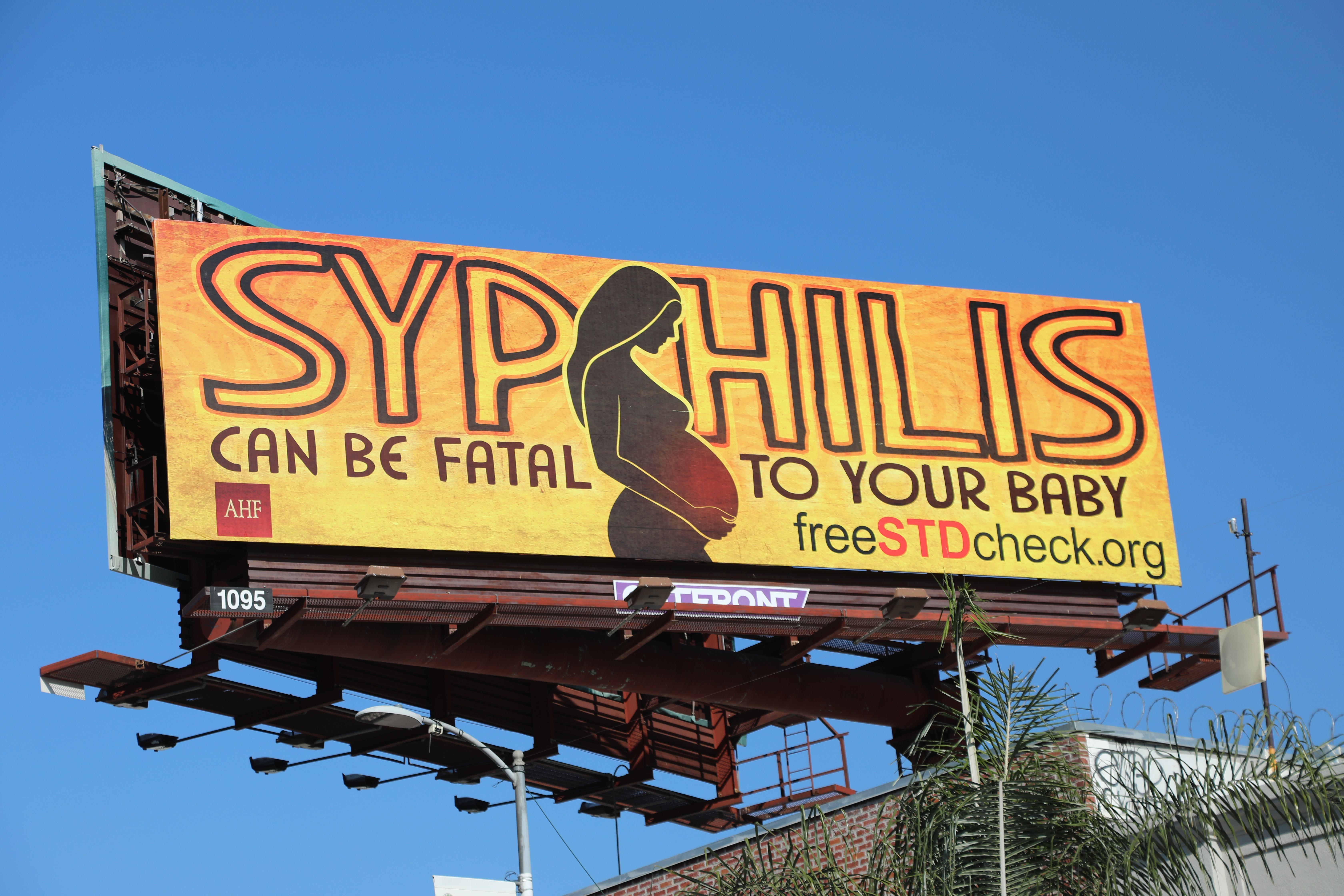The number of babies born in Mississippi with the sexually transmitted disease syphilis increased by more than 900% between 2016-2021. As part of its efforts to combat this sharp rise in infections, the Mississippi State Board of Health voted Wednesday to make emergency regulations put in place in March permanent.
Now medical practitioners providing prenatal care are required to test pregnant women for syphilis during the first trimester, third trimester and at delivery.
Dr. Kathryn Taylor, the state’s epidemiologist, said testing for syphilis is the most important step for treating it.
“It is treatable, you just have to identify it first,” she said.
In adults, syphilis can cause internal or external sores and rashes, and it can cause fatal damage to internal organs and the nervous system if left untreated. If the disease is passed to a fetus during pregnancy, it can cause severe developmental issues.
Many of the women in Mississippi who pass the disease to their unborn children aren't receiving prenatal care at all, according to Dr. Taylor. Getting the message out about the importance of testing through community partnerships will be a part of the health department's strategy going forward, she said.
“We have lots of good work in progress and we’re hopeful that as we move forward, we’ll be able to decrease overall numbers of syphilis, but hopefully it will lead to prevention of congenital syphilis entirely,” Taylor said.
Currently, there is a national shortage of Bicillin L-A, the only kind of penicillin that can be used to treat pregnant women with syphilis. Dr. Taylor says Mississippi has an adequate supply to treat all cases in the state.
Back in the Spring, there was a brief period where supplies were low, and the health department implemented a temporary policy that prioritized Bicillin use for pregnant and breastfeeding people.
“We found an alternate pathway and have been able to maintain adequate supply since then… but we are watching it very closely,” Taylor said.



